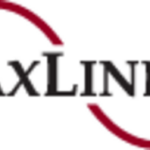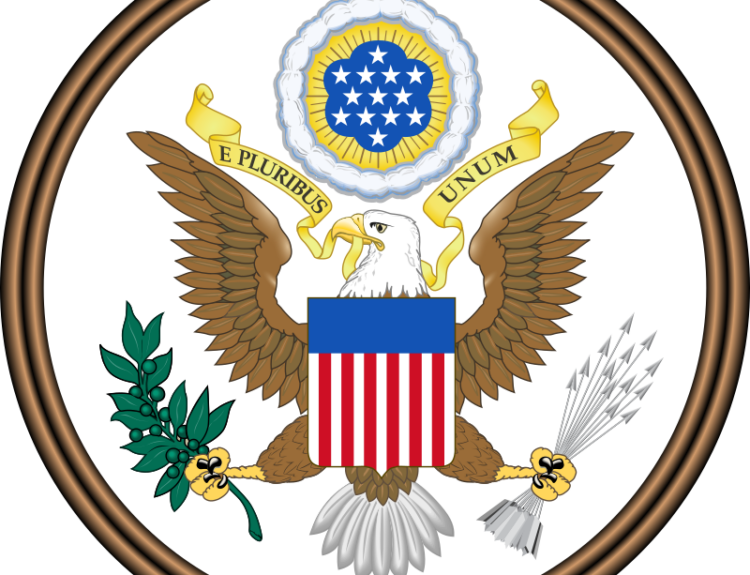Are the impacts really ‘transitory’?
- Starbucks executives claim that impacts from boycotts and conflicts in China and the Middle East are ‘transitory’
- Analysts express concerns about larger macro factors at play
- Boycotts related to Starbucks’ stance on the Israeli-Palestinian conflict may be affecting sales
- UBS analysts highlight lingering pressures in the Middle East and an uncertain China market
- Starbucks faces protests, vandalism, and employee harassment due to its stance on the war
- JPMorgan analysts downplay the fallout from the war in the US and attribute weak trends to inflation
- Starbucks executives acknowledge negative impact on business in the Middle East and misperceptions in the US
- Starbucks faces competition and a cautious consumer in China
- Starbucks remains focused on providing a premium experience
Starbucks executives claim that the impacts from boycotts and conflicts in China and the Middle East are ‘transitory’. However, analysts express concerns about larger macro factors at play. Boycotts related to Starbucks’ stance on the Israeli-Palestinian conflict may be affecting sales. UBS analysts highlight lingering pressures in the Middle East and an uncertain China market. Starbucks faces protests, vandalism, and employee harassment due to its stance on the war. JPMorgan analysts downplay the fallout from the war in the US and attribute weak trends to inflation. Starbucks executives acknowledge the negative impact on business in the Middle East and misperceptions in the US. Additionally, Starbucks faces competition and a cautious consumer in China. Despite these challenges, Starbucks remains focused on providing a premium experience.
Public Companies: Starbucks Corp. (SBUX)
Private Companies:
Key People: Nick Setyan (Wedbush analyst), Belinda Wong (co-CEO of Starbucks China), Laxman Narasimhan (Chief Executive of Starbucks)
Factuality Level: 6
Justification: The article provides information about Starbucks’ earnings call and the impact of various factors on the company’s sales outlook. It includes statements from analysts and executives, as well as mentions of boycotts and protests related to Starbucks’ stance on the Israeli-Palestinian conflict. While the article presents different perspectives and opinions, it does not contain any obvious misleading information or sensationalism. However, some statements are presented as assumptions or interpretations rather than facts, which lowers the factuality level.
Noise Level: 3
Justification: The article provides some relevant information about Starbucks’ earnings call and the impact of various factors on their business. However, it also includes some irrelevant details about the Israeli-Palestinian conflict and the war in the Middle East, which are not directly related to Starbucks’ performance. The article lacks scientific rigor and intellectual honesty as it presents opinions from analysts without providing data or evidence to support their claims. Overall, the article contains a fair amount of noise and filler content.
Financial Relevance: Yes
Financial Markets Impacted: The article discusses the impact of consumer boycotts and cautious consumer behavior on Starbucks’ sales outlook, particularly in China and the Middle East. It also mentions potential overhangs in the China market.
Presence of Extreme Event: No
Nature of Extreme Event: No
Impact Rating of the Extreme Event: No
Justification: The article primarily focuses on the financial impact of consumer boycotts and cautious consumer behavior on Starbucks’ sales outlook. There is no mention of any extreme events.
 www.marketwatch.com
www.marketwatch.com 





